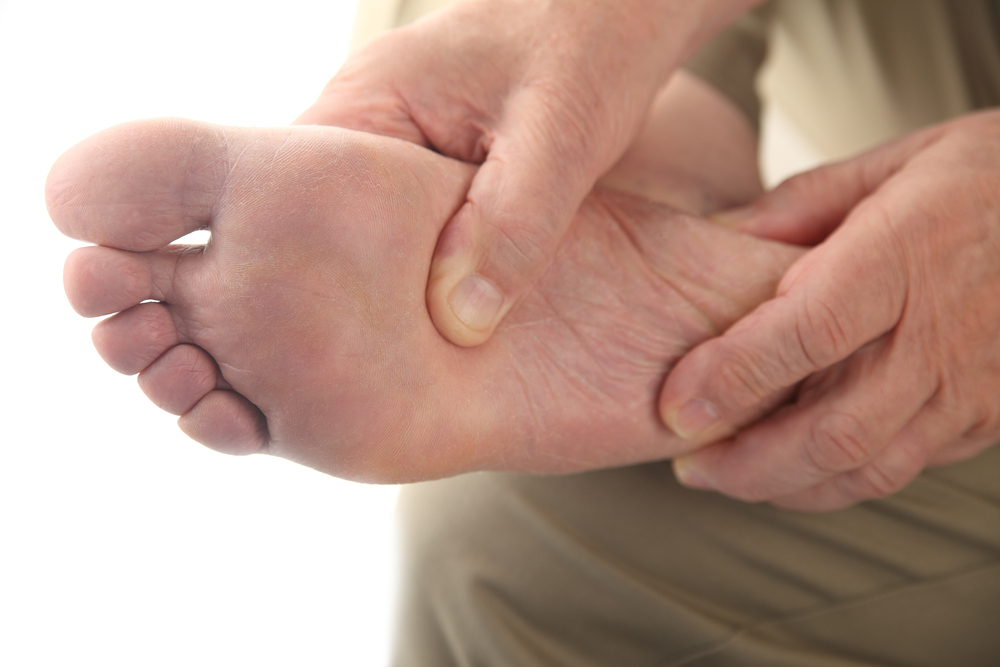 Poor circulation may occur in people who have medical conditions that include diabetes, or practice a sedentary lifestyle. Some of the symptoms that are associated with this condition may include a numbing or tingling sensation in the feet, and the feet may feel cold and tired. It may become worse with time, in which case there are measures that can be implemented which may help with poor circulation. These may include walking, swimming, and performing gentle stretching exercises. Additionally, eating foods that are healthy may increase circulation. If you are afflicted with poor circulation, it is suggested that you consult with a podiatrist who can help you to choose shoes that may prevent pain, in addition to protecting your feet.
Poor circulation may occur in people who have medical conditions that include diabetes, or practice a sedentary lifestyle. Some of the symptoms that are associated with this condition may include a numbing or tingling sensation in the feet, and the feet may feel cold and tired. It may become worse with time, in which case there are measures that can be implemented which may help with poor circulation. These may include walking, swimming, and performing gentle stretching exercises. Additionally, eating foods that are healthy may increase circulation. If you are afflicted with poor circulation, it is suggested that you consult with a podiatrist who can help you to choose shoes that may prevent pain, in addition to protecting your feet.
Poor circulation is a serious condition and needs immediate medical attention. If you have any concerns with poor circulation in your feet contact Dr. Odin De Los Reyes of Connecticut. Our doctor will treat your foot and ankle needs.
Poor Circulation in the Feet
Poor blood circulation in the feet and legs is can be caused by peripheral artery disease (PAD), which is the result of a buildup of plaque in the arteries.
Plaque buildup or atherosclerosis results from excess calcium and cholesterol in the bloodstream. This can restrict the amount of blood which can flow through the arteries. Poor blood circulation in the feet and legs are sometimes caused by inflammation in the blood vessels, known as vasculitis.
Causes
Lack of oxygen and oxygen from poor blood circulation restricts muscle growth and development. It can also cause:
- Muscle pain, stiffness, or weakness
- Numbness or cramping in the legs
- Skin discoloration
- Slower nail & hair growth
- Erectile dysfunction
Those who have diabetes or smoke are at greatest risk for poor circulation, as are those who are over 50. If you have poor circulation in the feet and legs it may be caused by PAD and is important to make changes to your lifestyle in order to reduce risk of getting a heart attack or stroke. Exercise and maintaining a healthy lifestyle will dramatically improve conditions.
As always, see a podiatrist as he or she will assist in finding a regimen that suits you. A podiatrist can also prescribe you any needed medication.
If you have any questions please feel free to contact our offices located in Southbury and Farmington, CT . We offer the newest diagnostic and treatment technologies for all your foot and ankle needs.
